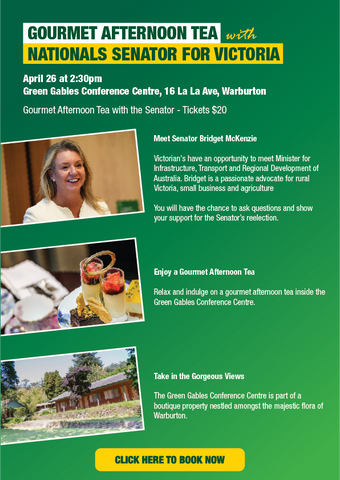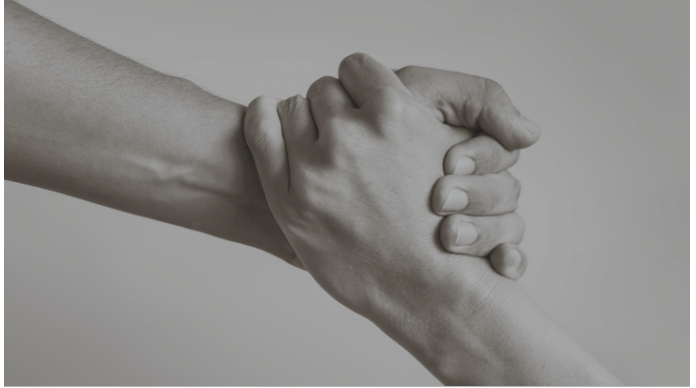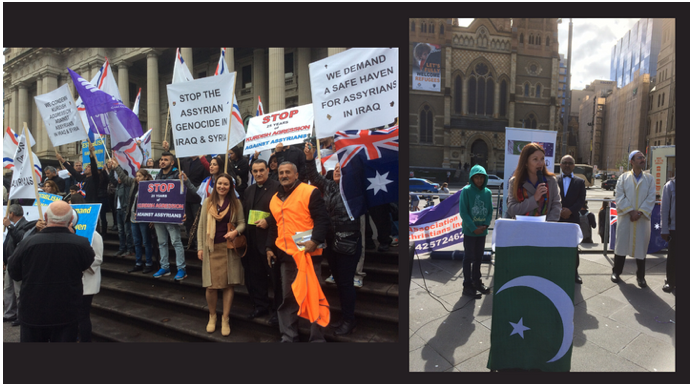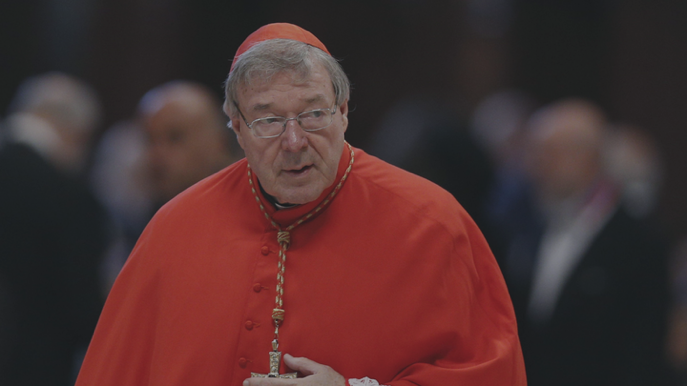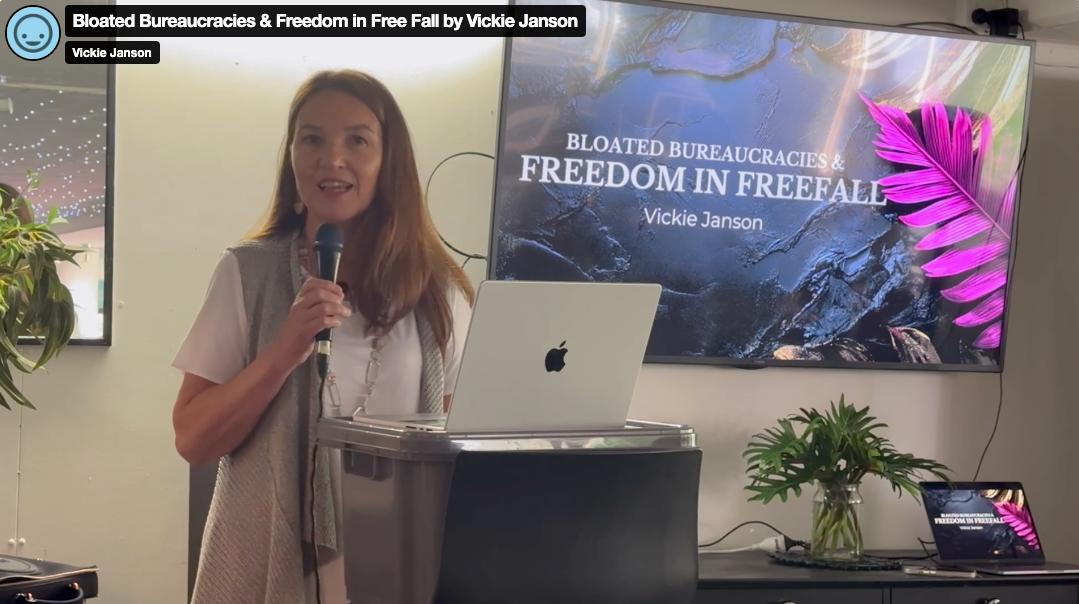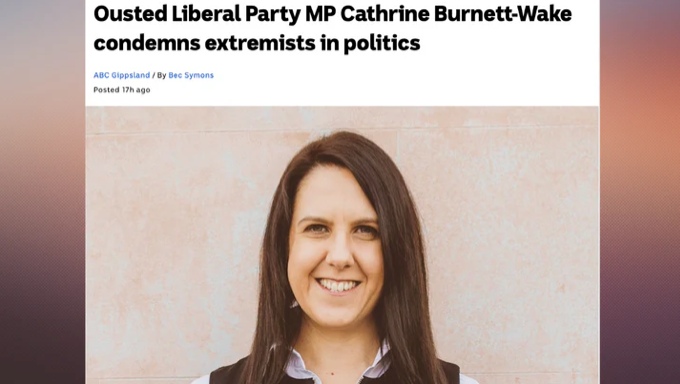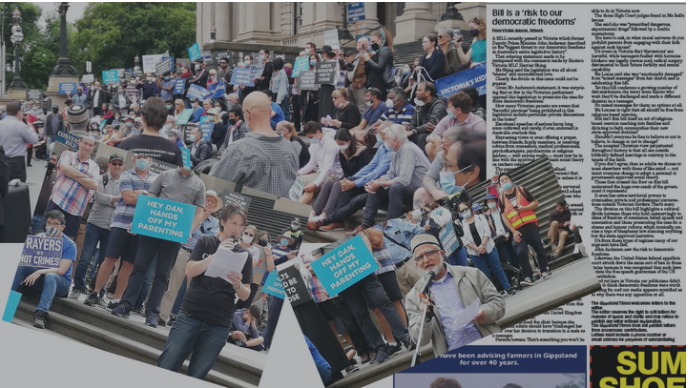Straddling the Right-Left Divide
Straddling anything puts you in an uncomfortable position yet this seems to be the first step if we are to ever transcend the widening right-left divide. The stretch and the tension pretty well illustrate the position of anyone moving beyond the boundaries of their own territory to plant a foot in another’s. While accused of many things, generally the individuals willing to make the stretch and weather the discomfort from both sides do so due to very real concern about the further fragmenting of society. Australians hail from all ethnicities, various religions and none, yet share the same physical space. The Prime Minster Scott Morrison is right to be concerned about tribalism. We need to discover or recover the philosophical glue that sticks communities together so we can ‘disagree better.’
It was for this very reason that this month I toured with Dr Zuhdi Jasser, founder of the American Islamic Forum for Democracy, to discuss the idea of separating mosque and state. I agree with his message and the premise for it. There are two legs, or two loves capable of providing that philosophical glue for citizens from genuinely diverse cultures and experiences to find a common identity; love and appreciation of liberty, and love and appreciation of nation state. Whether politically positioned on the right or left, a commitment from all citizens to do no harm to either the ideal of liberty or the nation we call home would go a long way to real social cohesion. This is a message for us all.
Clearly these are selfless ideals that affirm something other than ‘my identity, my heritage, my rights’ so this is not an easy sell to identity groups. This is a ‘for the greater good’ argument about making life better for all by privately and publicly conceding to the notion of liberty, which allows room for difference, room to ‘agree to disagree.’ On this tour with Jasser, we could agree to disagree on theology with no injury to ourselves or society, yet we knew we couldn’t afford to disagree on liberty. Love of liberty became the bond that united us. It’s also a matter of legacy and leaving a worthy legacy is without doubt a selfless pursuit.
Patriotism, the idea of loving your nation, isn’t promoted in Australia as it is in the US. In Australia, patriotism may be interpreted as veiled Nationalism or Fascism. Perhaps this is why Jasser was mocked in one interview when he suggested the only thing worth dying for in the free world was your country. He clarified this was because it’s the state that protects freedoms, democracy and human rights and these are worth fighting for. Yet it was suggested this kind of love of nation was ‘un-Australian.’ One wonders if the idea of legacy is also becoming un-Australian. Have we become so self-obsessed we are not willing to fight for the next generation to have the same freedoms we have enjoyed?
It should be a no brainer. Less self-control requires more state control. More state control results in less personal liberty. Less personal liberty results in a condition once referred to as bondage. The philosopher Vishal Mangalwadi wrote “What is liberty without virtue?” I’m with Jasser on this supporting the idea that for the free world to remain free, citizens need to stand on a couple of common values we consider virtues. Perhaps if we can credit love of nation and love of liberty as Australian virtues, we could stand together on these to straddle that widening right-left divide. That would be leaving a legacy.
Image source: Vector Stock
